
Our scholarship program is the centerpiece of our work in Guatemala. Everything we do is designed to drive attention and resources towards this program, which we view as the most effective and long-term method to empower the people of Guatemala to design their own future.
There is general agreement in the development community that increased access to education correlates highly with:
- Better health
- Improved living conditions
- Greater food security
- Increased community involvement and leadership
- Greater civic engagement
- Greater capacity for critical thinking
- Less economic hardship
- Improved job prospects
- Later marriage and childbirth
- Fewer children
- Education prioritized for children
These outcomes are organic, not engineered -- they simply happen with more education. Our job is to provide improved access to education, at the request of the Guatemalan people. With this approach we find little need to spread ourselves thin creating additional programs to achieve outcomes which education already addresses at the most fundamental level. This is what makes our scholarship program such a compelling focal point for Pura Vida. The program is much more powerful than it appears on the surface.
Pura Vida has a long history of not imposing our own will on the people of Guatemala and avoiding cultural modifications of any kind. This can raise the possibility of an occasional disconnect with donors expecting a more top-down approach. The reality is that North American culture can create expectations that don't always align well with rural Guatemalan culture. As a specific example, we do hear from some donors who value financial reward in the job market as the primary indicator for success.
That indicator has several things going for it: it's quantifiable, easy to report on, and is in sync with cultural expectations in the U.S., where most of our donor base resides. The problem is that it may not be an accurate measure of what our friends in Guatemala consider success. This can cause a gap between donor expectations and Guatemalan expectations. Whose definition of success do we use? It is an interesting line to walk.
Our focus has always been on helping our beneficiaries make a life more than just a living. While we know that education tends to improve job prospects, we need to remember that rural Guatemalans prioritize work differently. They don't seem to define themselves by their productivity as North Americans famously do. When our students are asked about how Pura Vida has contributed to their success, we don't hear about how much money they make or how many hours they work; they focus instead on their family and community, pride in their occupation, and the fact that we let them pursue the field of their choice.
We think it's worth the effort to help prospective donors deeply understand these cultural differences. I welcome the opportunity to talk with anyone who would like to explore this further.

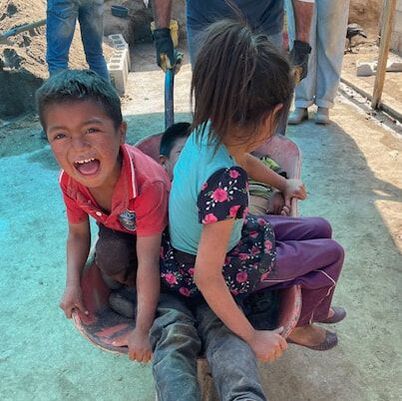
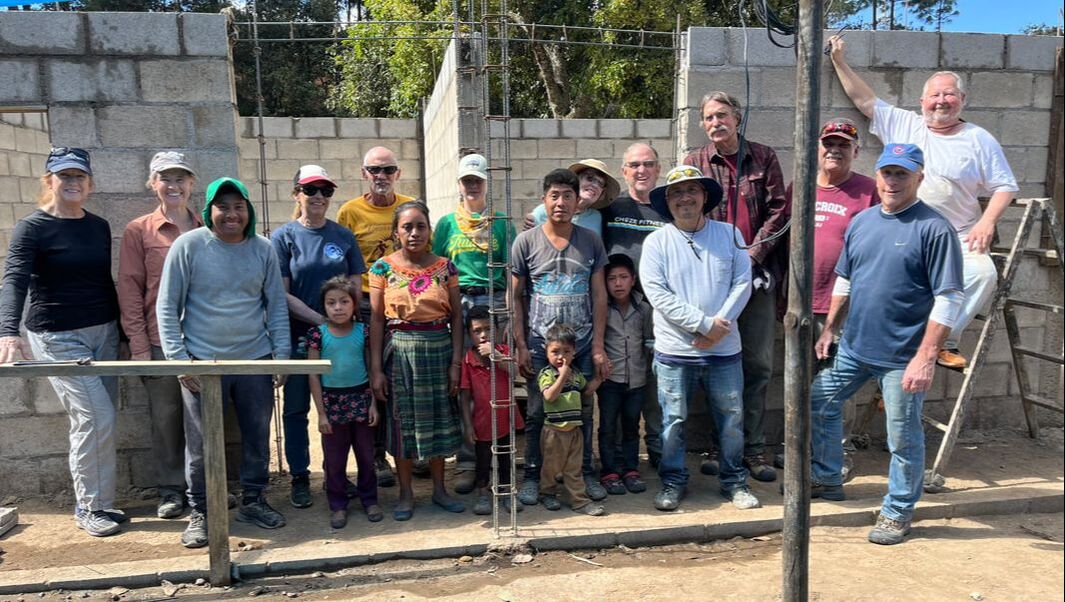
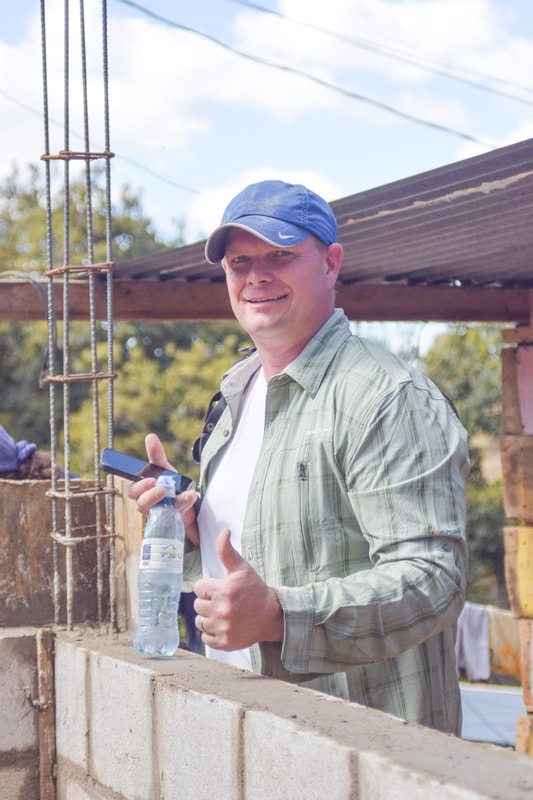
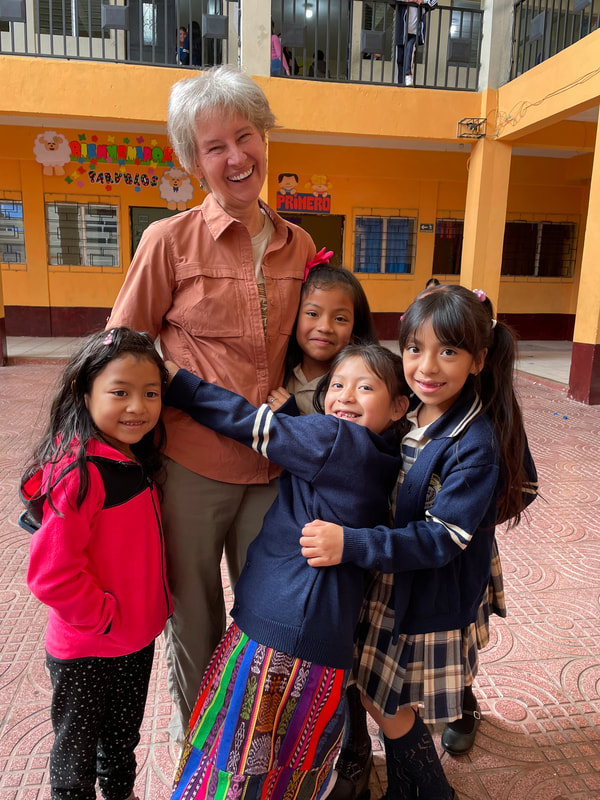
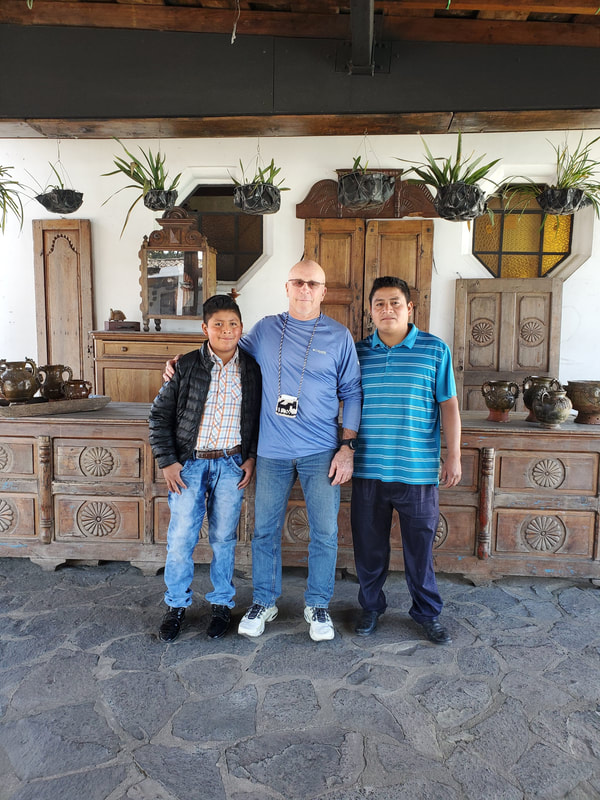
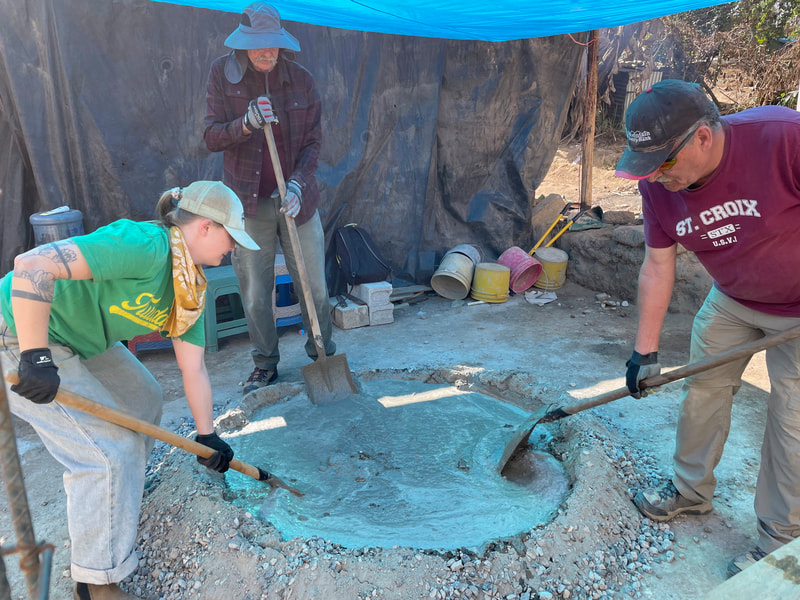

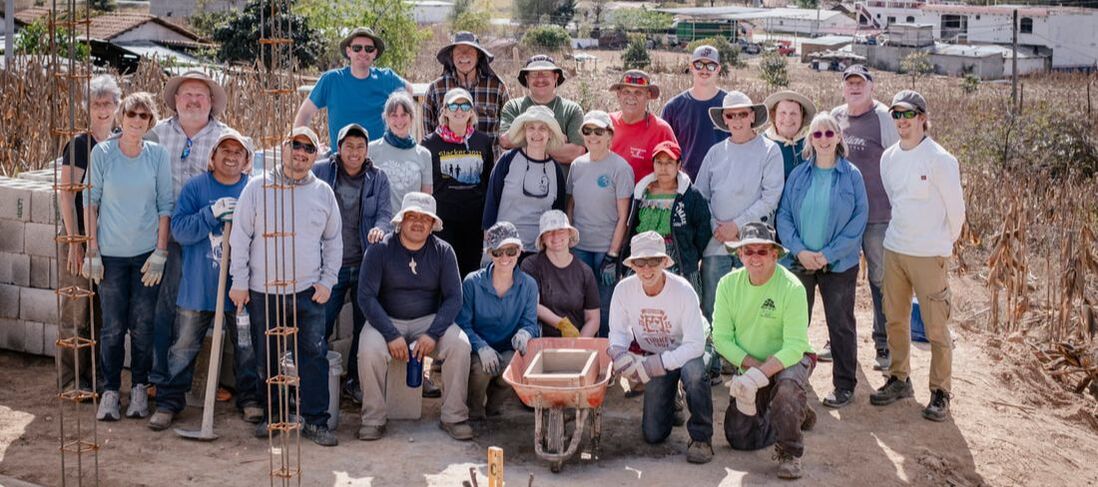
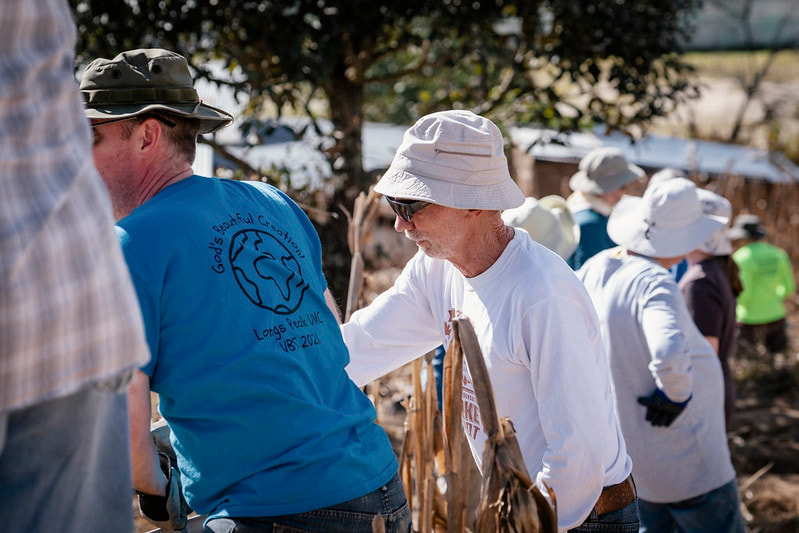
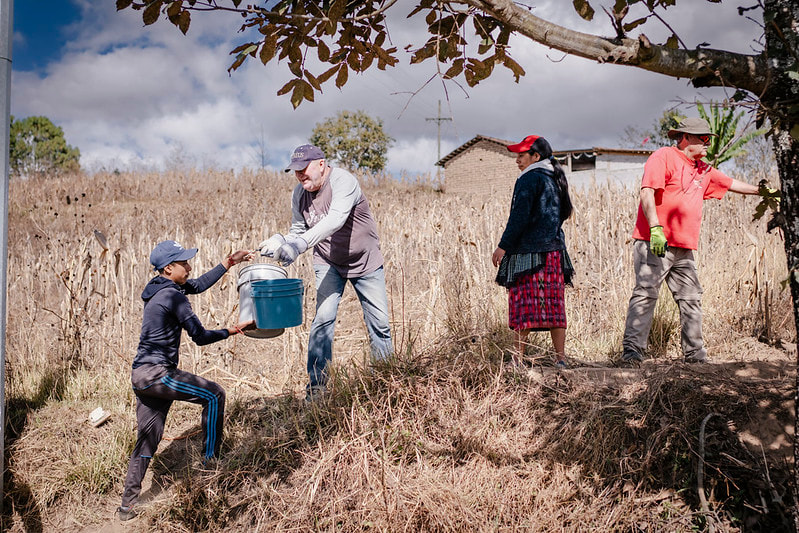
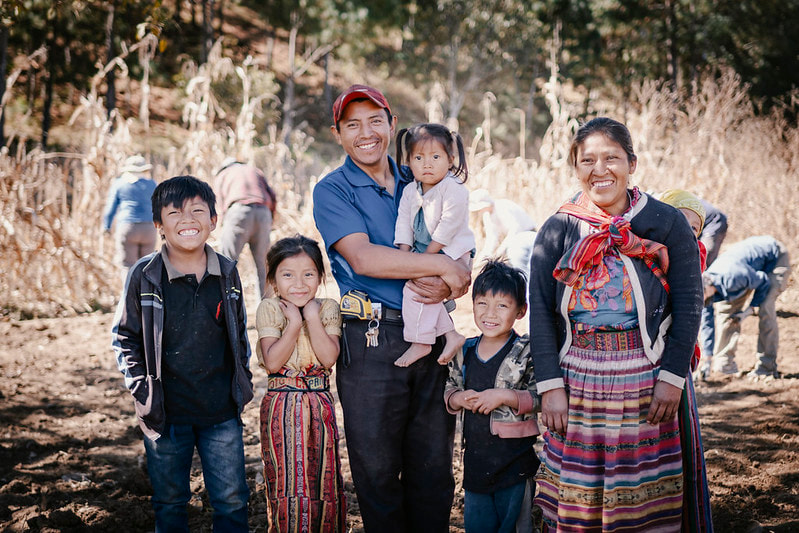
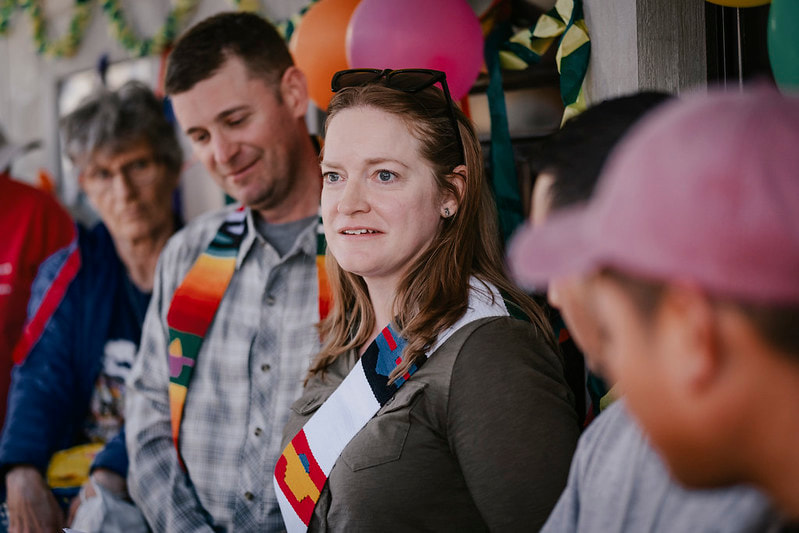

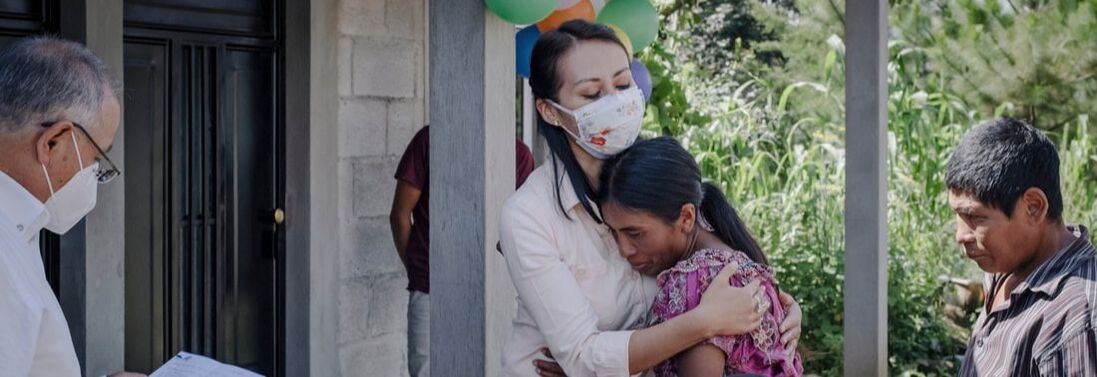
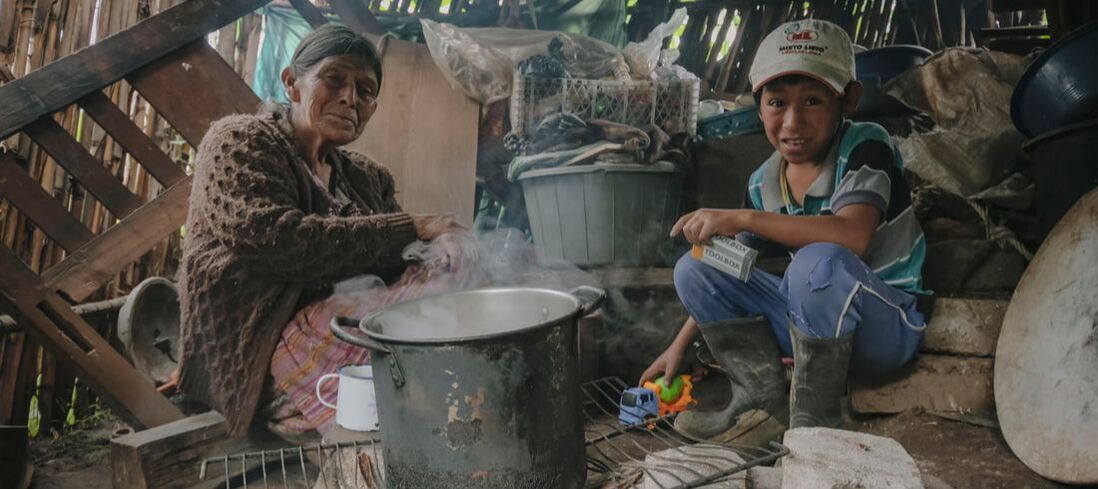

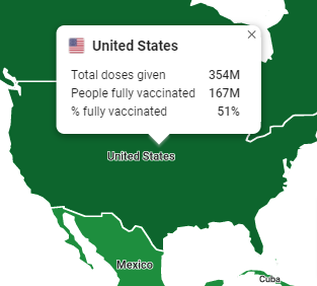
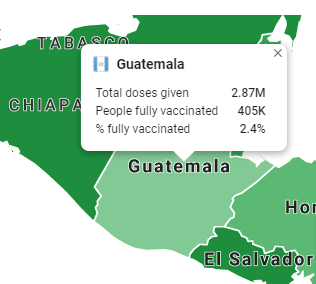
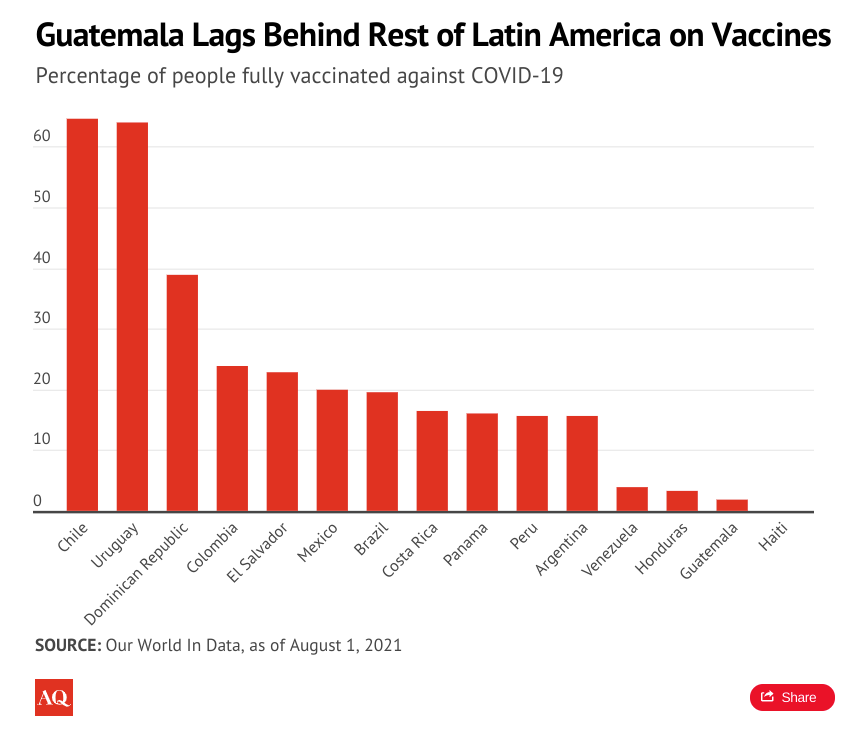
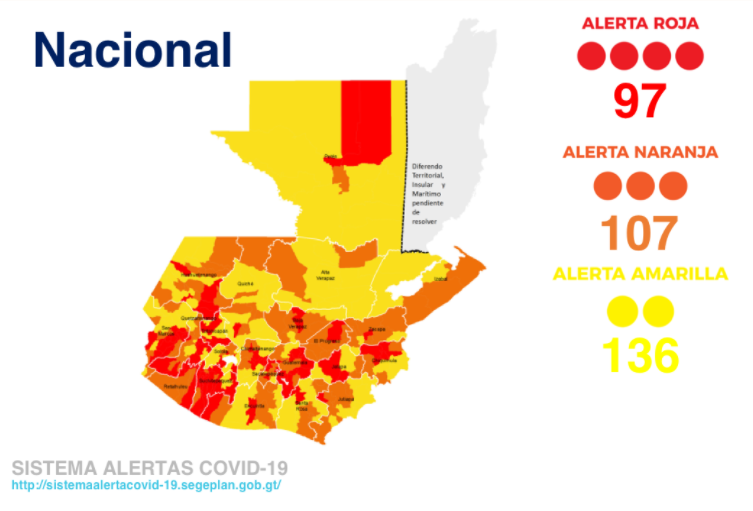

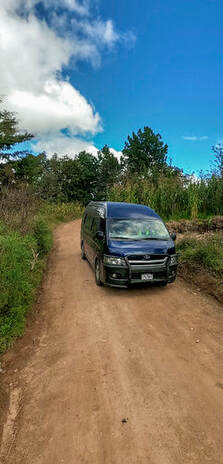
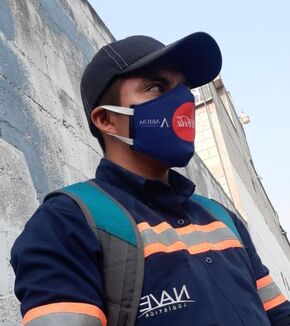
 RSS Feed
RSS Feed